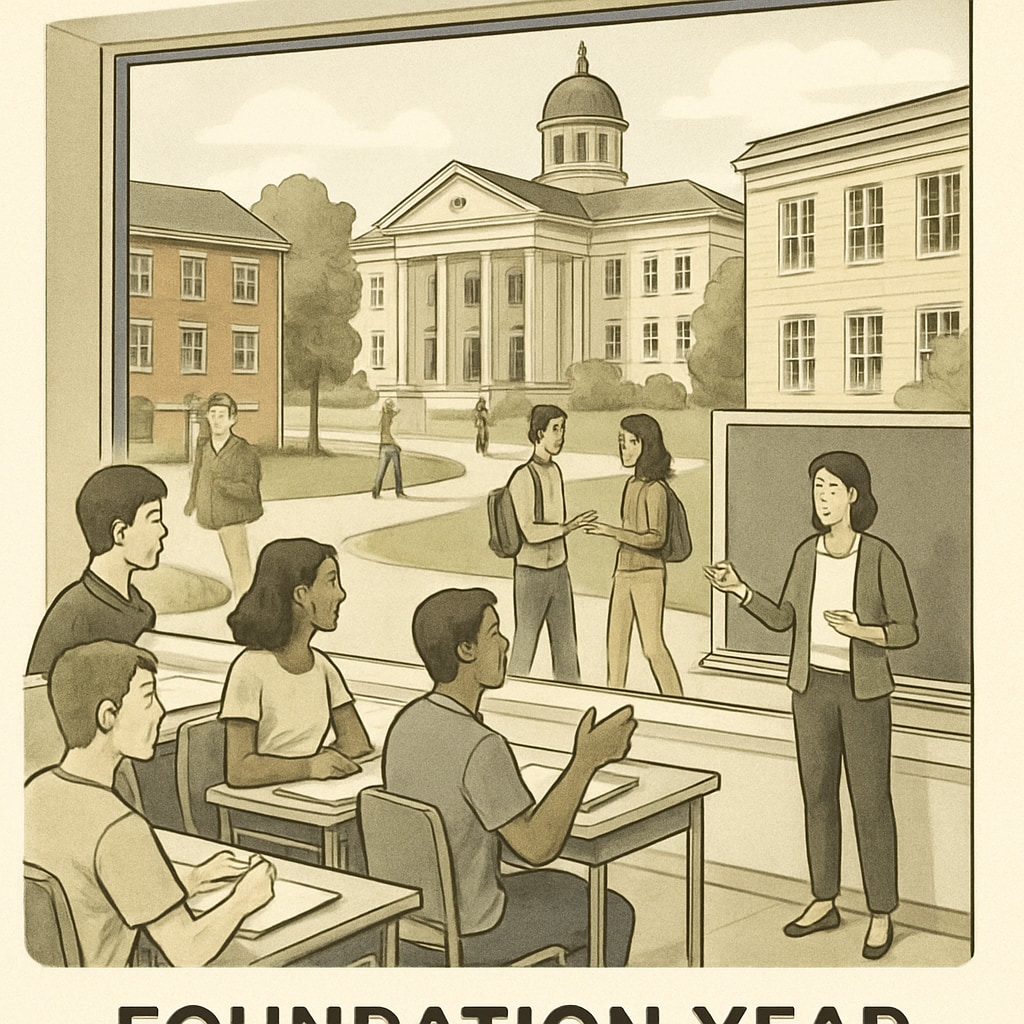Receiving less-than-ideal A-level results can be disheartening, but it doesn’t signify the end of your academic aspirations. Instead, it presents an opportunity to explore alternative university routes, such as foundation year courses, that align with your goals and potential. This guide will help students and parents navigate the options available, ensuring that the right educational path is chosen for future success.
Understanding the Options Beyond A-levels
When A-level results don’t meet expectations, it’s natural to feel uncertain about the next step. However, universities and institutions offer several pathways to accommodate different academic achievements. Let’s explore three key options:
- Foundation Year Courses: These preparatory programs are designed for students who may not meet the standard entry requirements for a degree but demonstrate potential in their chosen field. Foundation years typically last one year and provide the essential skills and knowledge needed to progress to undergraduate study.
- Clearing: Clearing is a process that allows students to find available university places after results are released. Many universities list courses with remaining spaces, offering a second chance to secure admission.
- Further Education or Vocational Training: For students seeking a more hands-on approach, vocational qualifications or diplomas in specific industries, such as technology, healthcare, or business, can lead to rewarding careers.
Each of these options opens doors to new opportunities, enabling students to find a path that aligns with their interests and strengths.

Why Consider a Foundation Year?
A foundation year can be a game-changer for students whose A-level results don’t meet the direct entry criteria for their desired course. Here are some reasons to consider this option:
- Bridging Knowledge Gaps: Foundation years are tailored to provide the fundamental subject knowledge necessary for undergraduate studies.
- Building Confidence: These programs help students adjust to university life, develop study skills, and gain confidence in their academic abilities.
- Expanding Opportunities: Completing a foundation year successfully often guarantees progression to a degree program at the same university.
For example, many UK universities, such as Oxford or Cambridge, offer foundation courses tailored to various disciplines, from science and engineering to humanities and arts.

Making the Most of Clearing
Clearing is another valuable tool for students whose A-level results don’t align with their initial choices. Here’s how to navigate the process:
- Act Quickly: Clearing opens right after A-level results are released, so it’s essential to act promptly to secure a spot.
- Research Thoroughly: Use official resources, such as the UCAS Clearing tool, to explore available courses and universities.
- Prepare to Communicate: Universities often require students to call or email admissions offices. Be ready to explain why you’re interested in the course and how you’ll succeed.
Clearing not only helps students find new opportunities but also allows them to discover alternative courses or universities that may better suit their aspirations.
Exploring Vocational and Alternative Education
For those who prefer a more practical approach to education, vocational training or alternative qualifications provide excellent opportunities to excel in specific industries. These options include:
- Apprenticeships: Combining work experience with education, apprenticeships are ideal for students who want to earn while they learn.
- Diplomas and Certificates: Shorter and more focused than traditional degrees, these programs are available in fields like IT, hospitality, and healthcare.
- Online Learning Platforms: Platforms such as Coursera or edX offer courses from global universities, enabling students to build their skills from anywhere.
These alternatives can lead to rewarding careers while providing a sense of accomplishment and independence.
Final Thoughts: A-level results are just one chapter in your academic story. By considering foundation year courses, clearing opportunities, or vocational programs, you can take control of your future and carve out a successful path. Explore your options, be proactive, and remember that every setback is a stepping stone toward success.


